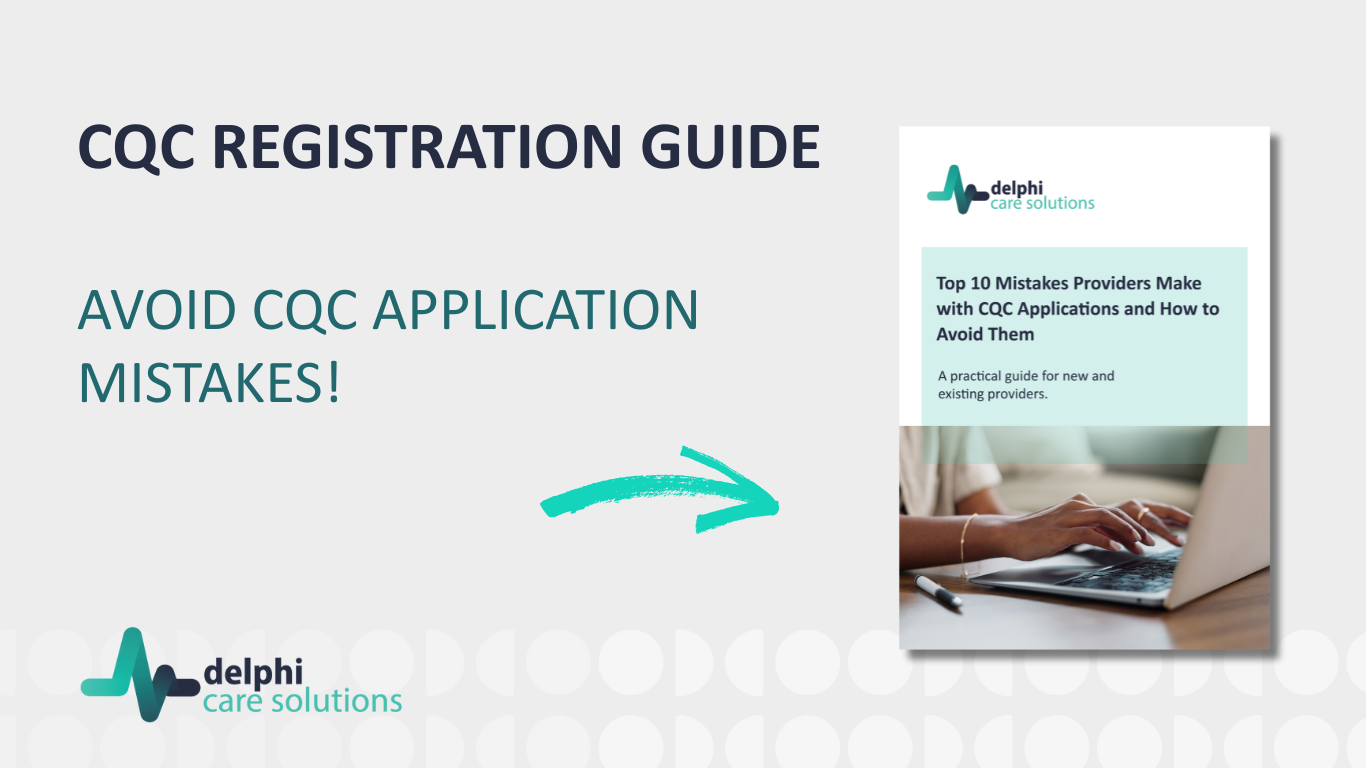24th July 2025
What the Employment Rights Bill Means for Social Care Providers

Future-Proofing Your Care Service: Employment Rights Bill and Challenging Fee Uplifts
The upcoming Employment Rights Bill marks one of the most significant shifts in employment law in recent years, and social care providers need to start preparing now.
In a recent webinar we hosted with Anthony Collins, Anna Dabek and Laura Jordan from Anthony Collins Solicitors provided practical insights into what providers should expect and how to respond.
Key Employment Law Changes Coming in 2026–2027
The Bill introduces over 30 new measures, but here are the six most important for the care sector:
1. Statutory Sick Pay Reform – April 2026
- SSP will be payable from day one (currently day four).
- Workers earning below the lower earnings limit will now qualify.
- Pay will be based on 80% of usual earnings.
Action Points:
- Budget for increased absence costs.
- Strengthen absence tracking systems.
- Invest in workplace health initiatives to reduce sickness.
2. Fair Work Agency – April 2026
A new enforcement body will monitor compliance on:
- Statutory sick pay
- National minimum wage
- Employment agency rules
Expect inspections, audits, and penalties.
Action Points:
- Audit compliance with holiday pay, SSP, and minimum wage.
- Ensure accurate record-keeping.
- Prepare systems for future regulatory reporting.
3. Tougher Sexual Harassment Duties – October 2026
Employers must take all reasonable steps to prevent sexual harassment, raising the bar from “reasonable steps” required since October 2024.
Action Points:
- Review and strengthen anti-harassment policies.
- Conduct risk assessments.
- Train staff and monitor progress.
4. Adult Social Care Negotiating Body – October 2026
A new national body will set sector-wide pay and terms. This could significantly increase wages beyond the national minimum.
Action Points:
- Stay informed on developments.
- Start forecasting the financial impact of new pay structures.
5. Day-One Right to Claim Unfair Dismissal – From 2027
The current two-year qualifying period will be scrapped. Employees can bring claims from day one.
Action Points:
- Extend and formalise probation procedures.
- Standardise onboarding with structured reviews.
- Prepare for a simplified dismissal process (guidance expected).
6. Zero-Hours Reform – From 2027
- Employers must offer guaranteed hours to qualifying workers.
- Require reasonable notice for shifts.
- Compensation required for late cancellations.
Action Points:
- Track actual hours worked by zero-hours and agency workers.
- Review and update agency contracts.
- Consider collective agreements to manage flexibility.
The Cost of Compliance (And Non-Compliance)
Anna Dabek warned that failing to prepare for these changes could prove costly, not just financially, but operationally. Enhanced processes, especially in HR, are essential to mitigate risk and support recruitment and retention.
Yet, as she highlighted, this can also be a positive opportunity: a chance to modernise, strengthen workplace culture, and become a more attractive employer.
Challenging Fee Uplifts: Your Rights and Tools
Laura Jordan addressed a crucial and related issue: fee uplifts and how providers can challenge inadequate funding. Drawing on Anthony Collins’ success in the Stoke case, she urged providers to:
- Gather data on care costs (using tools like CareCubed).
- Push back with confidence when rates are unsustainable.
- Use templates and legal frameworks from trusted bodies like Care England or the Homecare Association.
She also encouraged providers to tactically separate operational teams from fee negotiations, using finance leaders or external advocates to protect relationships with commissioners.
“You’re acting in the best interest of the person receiving care by ensuring the funding reflects what’s needed to deliver high-quality support.” – Laura Jordan
Final Takeaway: Preparation Starts Now
The changes coming under the Employment Rights Bill are substantial. While many provisions won’t come into force until 2026 or 2027, early preparation is essential. Review policies, train your teams, and speak to legal or HR experts where needed.
Social care is already under pressure. But with the right steps, providers can turn legislative change into an opportunity, for better staff conditions, better outcomes, and stronger businesses.
Useful Resources:
Contact Anthony Collins Solicitors for legal guidance and templates
Skills for Care – Values-Based Recruitment Toolkit
Sector body letter templates (e.g., Care England, Homecare Association)















